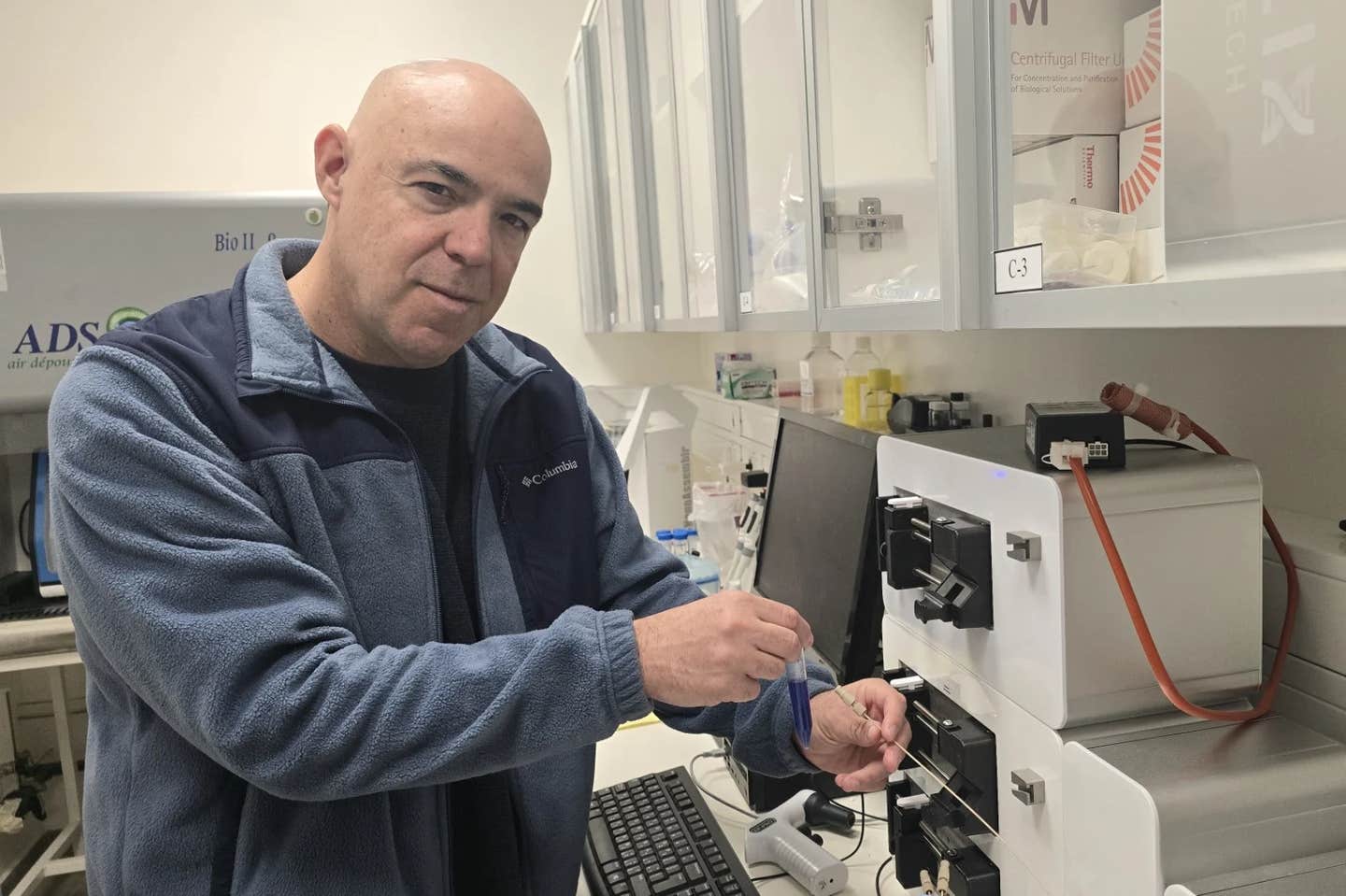Groundbreaking new studies link sleep duration to life expectancy
A common thread among these is the idea that napping, when done right, can be immensely beneficial.

There's an undoubted allure to the concept of the afternoon nap. On one hand, there's the undeniable refreshment of a well-timed siesta, reminiscent of the likes of Leonardo da Vinci and Winston Churchill, who reveled in the rejuvenating qualities of a brief slumber. On the other hand, there's the familiar fog of a poorly timed nap, leaving one more groggy than before.
While history is littered with tales of famous figures who espoused the virtues of the midday snooze, from Albert Einstein to President John F. Kennedy, the actual science behind this phenomenon remains somewhat nebulous.
The Short Nap: A Double-Edged Sword
"Studies suggesting the health impacts of napping are a mixed bag," asserts Dr. Chelsie Rohrscheib, the leading neuroscientist at sleep analysis firm, Wesper. Yet, a common thread among these is the idea that napping, when done right, can be immensely beneficial.


(LEFT) Dr. Chelsie Rohrscheib, the leading neuroscientist at sleep analysis firm, Wesper and (Right) Dr. Raj Dasgupta, the chief medical adviser for Sleep Advisor. (CREDIT: Sleep Advisor)
"For individuals who maintain a robust quality of nocturnal sleep, short daytime naps can be a boon. They tend to experience improved brain and cardiac health and may even enjoy a longer lifespan," Rohrscheib mentions.
In the world of cognitive rejuvenation, power naps, spanning 10-20 minutes, stand out. Such brief respites can enhance mood, augment cognitive function, and boost productivity levels. Moreover, Web MD suggests that these naps might outshine caffeine in aiding concentration when fatigue strikes.
But beyond the realms of cognitive acuity, short naps serve as a panacea for several other ailments. They can diminish stress levels, bolster immune health, and even regulate nocturnal sleep. As an added bonus, they can also help unleash a gush of creativity.
Related Stories
Yet, as with any good thing, moderation is key. Dr. Raj Dasgupta, the chief medical adviser for Sleep Advisor, offers a word of caution.
"Steer clear of naps that extend beyond 30 minutes. Longer durations can thrust you into deeper sleep cycles, making waking up a groggy endeavor," he advises.
The Risks of Long Naps
Rohrscheib delves into the risks associated with prolonged naps. "Consistently indulging in lengthy naps can be an indicator of compromised nighttime sleep quality," she warns. This jeopardized nocturnal sleep is a precursor to a plethora of health issues, from cardiovascular diseases to hormonal imbalances and even neurodegenerative conditions.
"Long naps breed sleep inertia, compromise our ability to nod off at night, and can be a harbinger of insomnia," Rohrscheib continues. Dr. Dasgupta chimes in, emphasizing the implications of habitually long naps. "It may hint at an underlying sleep disorder or health condition," he adds.
The Pediatric Perspective on Napping
While adults grapple with the pros and cons of napping, for children, the narrative is different. Dr. Dasgupta explains, "Young children inherently need more sleep than adults, and this requirement tapers off with age." He further elucidates that naps bolster cognitive growth, memory retention, and emotional management in children. They also significantly uplift a child’s mood and energy levels.
"While children thrive on frequent naps, adults should be more judicious, aiming for occasional power naps that invigorate without impinging on nighttime sleep," he advises.
Napping Nuances: Making the Most of Your Siestas
Dr. Dasgupta offers some final tips for those pondering their nap schedules. "If early afternoon fatigue hits and you can afford a brief nap, go for it. But beware of making it a daily ritual."
He concludes, "If you're regularly getting sound sleep at night and feeling alert during the day, naps may be superfluous. Conversely, if nighttime rest eludes you, daytime napping could compound the issue."
As our understanding of sleep continues to deepen, one thing remains clear: napping, much like every other aspect of our health, is an art that requires understanding, moderation, and, above all, mindfulness.
For more science news stories check out our New Discoveries section at The Brighter Side of News.
Note: Materials provided above by The Brighter Side of News. Content may be edited for style and length.
Like these kind of feel good stories? Get the Brighter Side of News' newsletter.
Joshua Shavit
Science & Technology Writer | AI and Robotics Reporter
Joshua Shavit is a Los Angeles-based science and technology writer with a passion for exploring the breakthroughs shaping the future. As a contributor to The Brighter Side of News, he focuses on positive and transformative advancements in AI, technology, physics, engineering, robotics and space science. Joshua is currently working towards a Bachelor of Science in Business Administration at the University of California, Berkeley. He combines his academic background with a talent for storytelling, making complex scientific discoveries engaging and accessible. His work highlights the innovators behind the ideas, bringing readers closer to the people driving progress.



